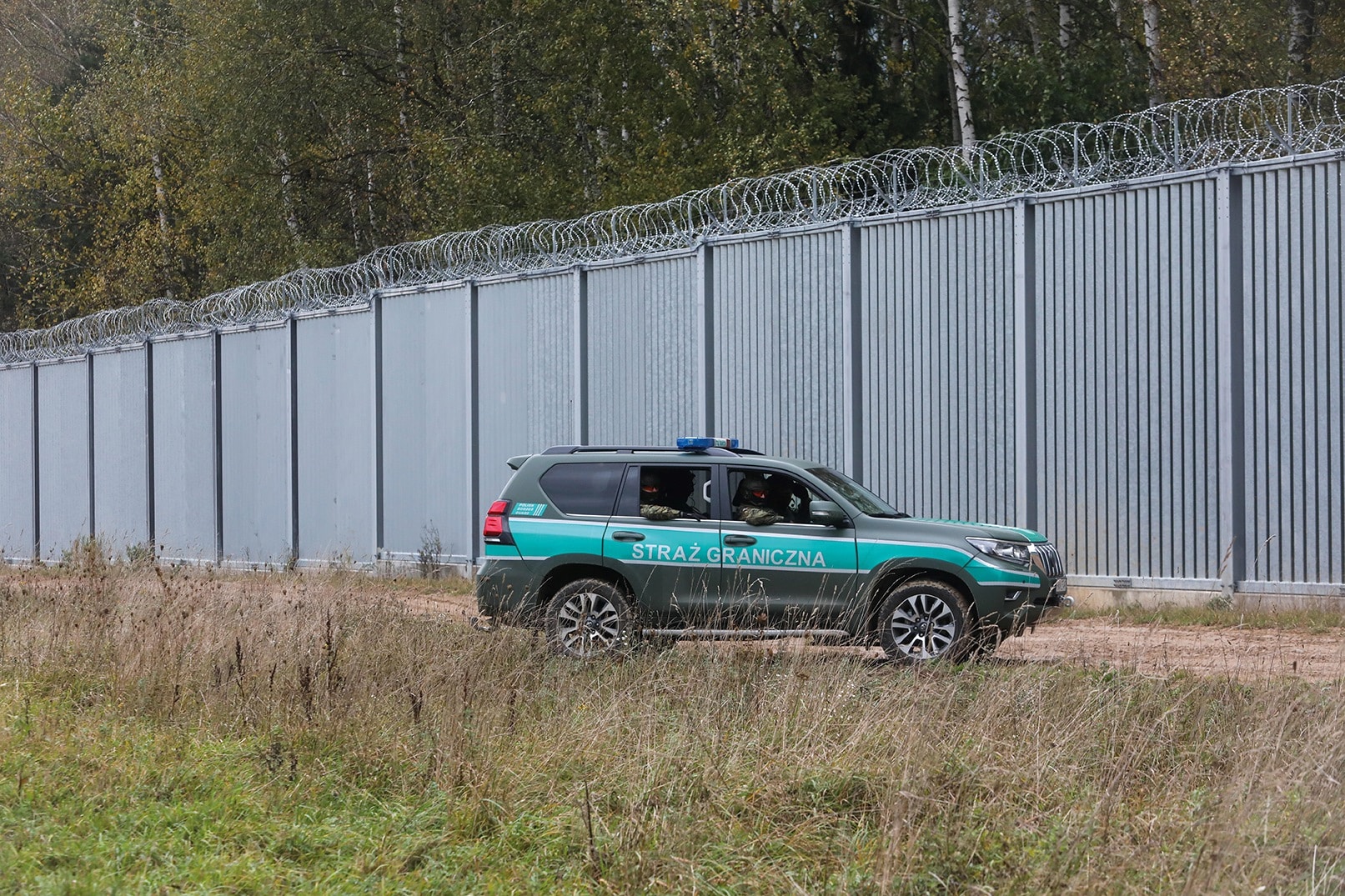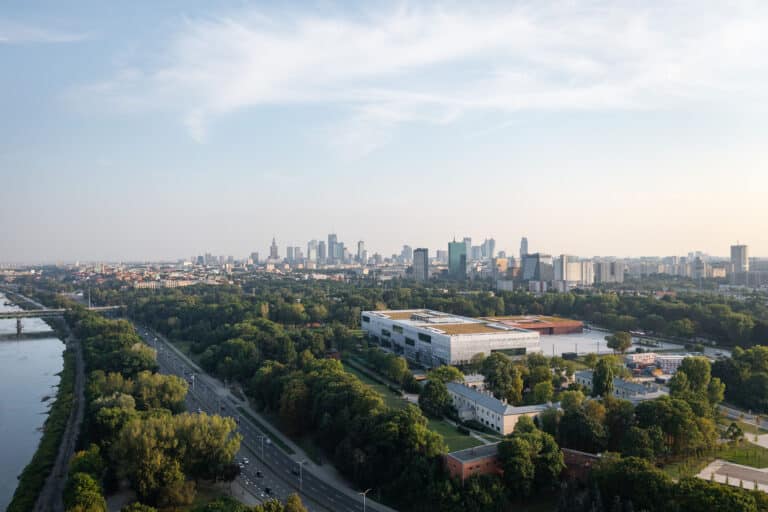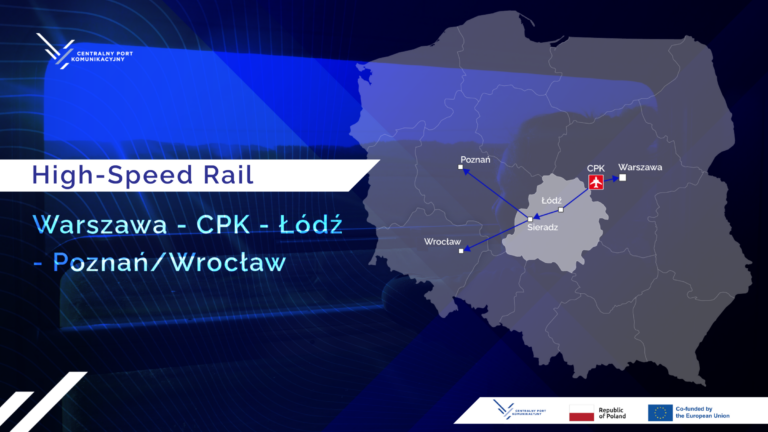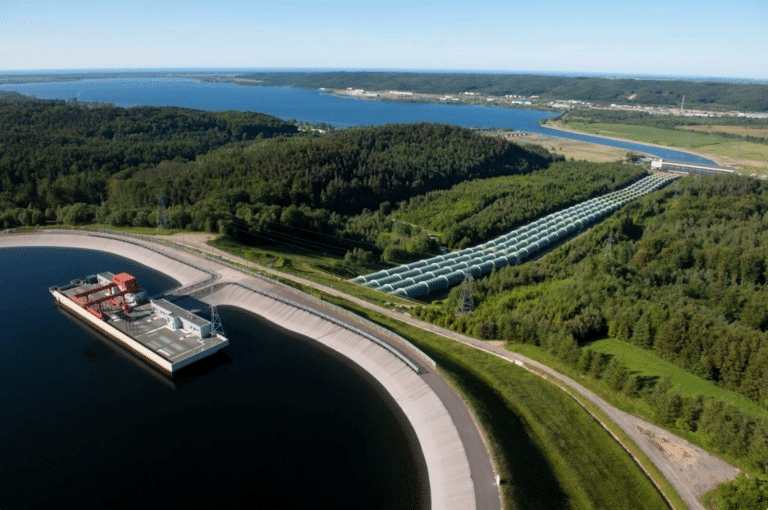What’s happening on Poland’s Belarusian border?
The recent death of a Polish soldier stabbed at the fence by a Moroccan migrant has put the already fraught Poland-Belarus border area under intense scrutiny. The arrest of three Polish soldiers for shooting in the direction on migrants at the border has further exacerbated it.
Prime Minister Donald Tusk said his government would restore a no-go border zone and laid out plans for the so-called Eastern Shield, for which 10 billion zlotys, from the state budget is to be allocated. The project will be a mix of physical barriers designed to slow incoming forces and higher-end surveillance systems, including some powered by AI. Tusk also spoke of creating a more humane environment on the border.
Supporters say we need to step back to see a bigger picture. For those who support what critics call securitization of the Polish side of the border – and some who don’t – the blame lies squarely at the feet of Alexandr Lukashenko and Vladimir Putin.
“Our border with Belarus is being attacked with the help of migrants who are weapons in the hands of the Belarusian services, although Moscow is of course the main instigator of this hybrid war,” Mateusz Multarzyński, an expert at Defence24 in Warsaw, says. “This is cross-border terrorism carried out by militias organized by Russian-Belarusian services,” Multarzyński adds.
The crisis was started by an act of monumental cynicism in 2021, when Lukashenko’s regime encouraged people from Syria in particular to visit Belarus on “hunting holidays” as Covid-19 pandemic travel laws had two exceptions to avoid quarantine for foreigners visiting Belarus: business trips and hunting.
Last year, Polish border forces recorded 16,000 attempts to cross the border illegally, according to official data. “One of the most powerful weapons is the creation of a moral crisis in the country under attack,” Robert Gonczi, a border security expert, says. “The easiest way is to contrast the national interest of the attacked country with its international obligations. The Polish position that the security and defence focus of the state should be explicitly emphasised this seems understandable,” he adds.







